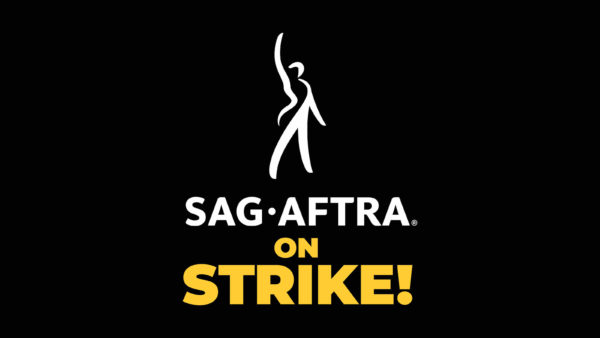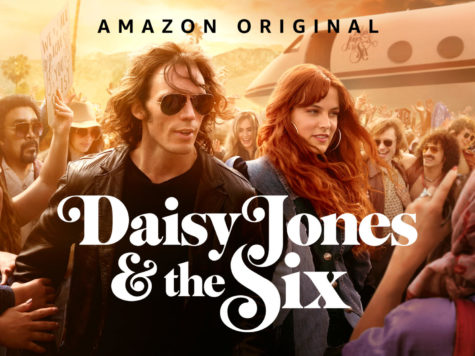H&M advertisement aftermath harmful
Critical South African job opportunities removed
Recently, the Swedish company H&M created controversy which flooded the news feeds of every major news outlet and social media site when it advertised a sweatshirt with the phrase “Coolest monkey in the jungle” printed across it on a five-year-old African American model.
The brand’s distasteful choice of marketing incited an uproar of radical opposition parties who vandalized many of the South African stores. The H&M chain made the decision to close the South African stores to ensure the safety of staff and customers. The individuals at the worst end of this controversy are the workers who took on the job in order to make ends meet, and that is in no way fair.
Not only is the aftermath of the invasions being left to workers to clean up, but the workers are currently unemployed in an underdeveloped country with very few decent-paying job opportunities. The average salary in South Africa is R14,154, which is equivalent to $1,174. According to www.thebalance.com, the median wage for workers in America in the fourth quarter of 2016 was $44,148 per year. The wage gap between the U.S. and South Africa is astronomical, and removing jobs from the country certainly is not going to be beneficial.
H&M is the second largest global clothing retailer in the world. In 2016, the brand employed approximately 114,586 workers among their 4,553 stores worldwide. According to www.hm.com, 16 of these stores are located in South Africa. That number sounds very small compared to 4,553, but this is due to the fact that H&M just recently expanded to South Africa in 2015. Prior to the controversy, the brand planned to continue expanding and adding new stores, but now they are contemplating leaving the country entirely. This would mean the loss of benefits such as medical, dental and vision coverage, in addition to the loss of a paycheck for many.
Terry Mango, the mother of the model, released a statement following the controversial outbreak, telling critics of H&M to “get over it.” Mango stated that she received online abuse for her comments. It is understandable that the advertisement was offensive to many, however, this does not give freedom to destroy the South African stores, because in the end, this is affecting the workers the most.
While the actions of H&M should not be condoned, the shutdown of the South African stores is going to do more harm than good for the workers relying on a steady paycheck to support their families.

Macy is a senior and has been on The Newtonian staff for three years serving as the Opinions Editor this year. She has participated on the high school...










